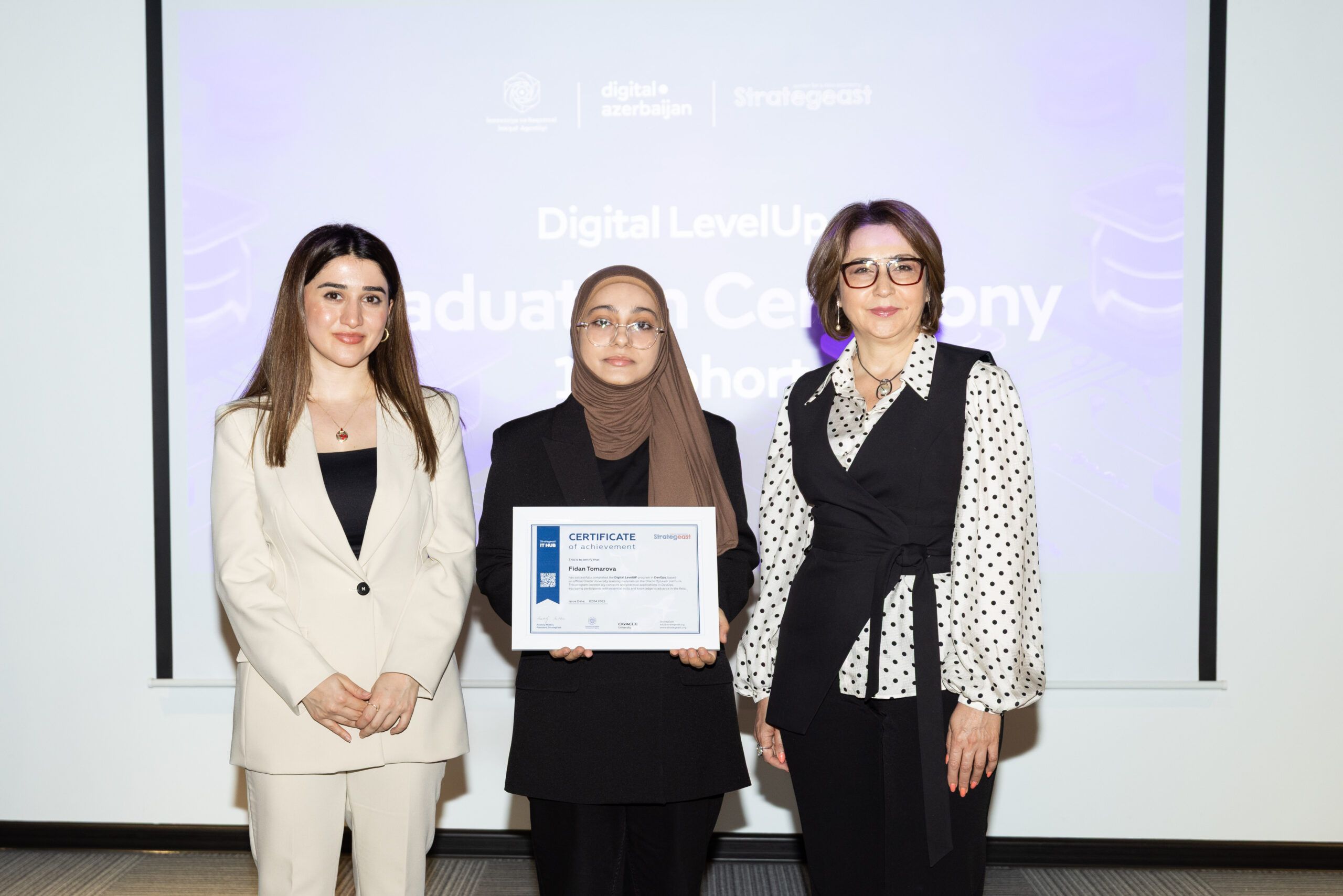In the upcoming ten years, the creative industry will have clear and stable rules for work.
The Prime Minister of Ukraine Oleksiy Honcharuk said during a Government Meeting with the Export IT Industry.
“Our Government is committed to creating the most comfortable environment for the IT industry to grow even faster. One of the problems holding back the development of the tech industry is the lack of human capacity. The industry is growing by 25,000 – 30,000 specialists per annum, with only 16,000 graduates from universities. That is why we are initiating the establishment of the IT Creative Fund. The Human Capital Development Foundation that will train new qualified specialists for the industry”, said Oleksiy Honcharuk.
The PM explained that the money from this Fund will be directed to finance three directions: the creation of new campuses and courses for IT specialists, financing of scholarships for students of Ukrainian universities and grants for young scientists.
The Prime Minister also added that the IT Creative Fund would be set up with the participation of international organizations, representatives of the IT industry and the State. “I believe that tech industry representatives should manage the Foundation. Businesses can get together, agree on rules, set up management, and handle this fund independently. And we as the Government will render necessary assistance”, the Head of Government explained.
The IT Creative Fund will be funded through a special duty that is to increase from 1% in 2020 to 5% in 2024. The Fund is expected to launch in 2020, with the funding amounting to UAH 0.5 billion with a further budget increase. The Better Regulation Delivery Office (BRDO) has been working with stakeholders for a long time regarding the establishment of the Fund and the development of its model. A bill has already been drafted and will be submitted to Parliament in the near future. The new model will be completely voluntary, with no mandatory transition to it.
The new option will provide IT industry with stable projected work of companies, the possibility of long-term planning, will prevent speculation about hidden labor relations. Thus, for companies operating under such conditions, the risk of re-qualification of relations into labor relations is eliminated by law.
“We are well aware that business feels uncomfortable to develop against the background of the old Soviet Labor Code, which had been designed for the work of large factories but not exactly for any creative industries. By the end of the year, I believe that in synergy with Parliament we will solve this problem”, Oleksiy Honcharuk added.




